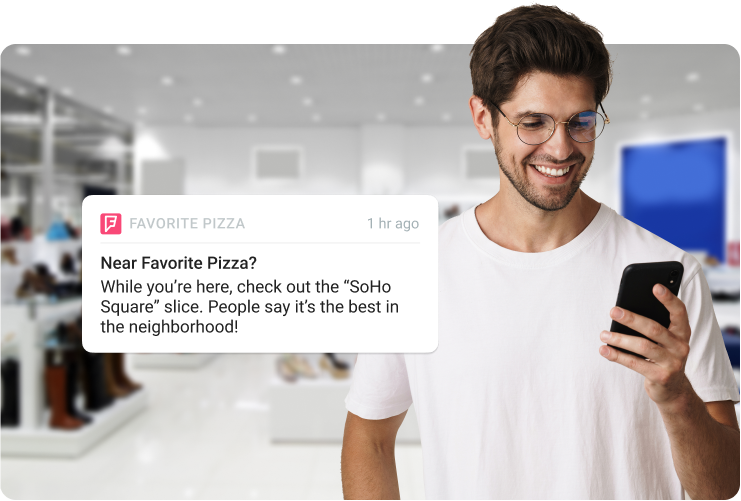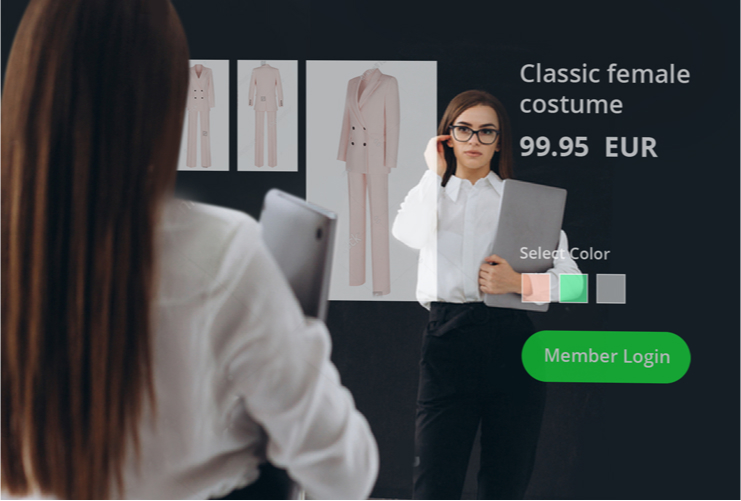Why Digital Communication Platforms Are Critical to Clienteling
Clienteling has since long been used by luxury retailers as a way to provide one-to-one assistance to customers when they are out shopping. Customers love to interact with brand representatives before they make a purchase, particularly in case of big-ticket products. They love to ask questions, try out different styles and sizes, and seek recommendations. Top-flight brands understand that personalization is a key differentiator in luxury retail and assign specialists to valued clients each time they visit a store – these specialists assist customers in an ultra-personalized way, suggesting styles, getting them the right fit, and welcoming the customer each time they visit the store. Such assisted selling improves conversions, maximizes each customer’s lifetime value, and also increases the average basket size, giving such retailers a competitive edge over others that rely only on the value of their products.
With the phenomenal growth of e-commerce sales, no doubt supercharged by the advent of covid-19, luxury retail has largely moved online. And this trend is here to stay. Mckinsey & Company reports that digital spending on high-end fashion is expected to increase to $87 billion by 2025. For all high-end retail brands looking to increase their market share, virtual clienteling has become a necessary skill. However, clienteling is no longer synonymous only with high-end luxury brands – nowadays, leading department stores, fashion houses, independent boutiques, and multi-brand e-commerce platforms are looking to offer highly personalized experiences to customers. Mainstream retailers typically have a larger customer base, cheaper ticket items, and tighter profit margins compared to high-end luxury retailers. So they may not find it feasible to deploy individual stylists for customers, but they are more than making up for it by turning to conversational messaging platforms powered by automated bots to facilitate clienteling services. Chatbots are doubling up as virtual assistants, helping customers locate the nearest store, book an appointment with an in-store advisor, or buy online and pick up in store.

63 per cent of retailers struggle to identify their customers, with an additional 20 per cent not being able to identify them at all. This is reflected in how consumers feel, with 36 per cent saying retailers need to offer more personalised experiences, and 80 per cent saying they are more likely to buy from a company that delivers a personalised journey.
[Source: Boston Retail Partners]
Virtual Clienteling – Innovation is Key
Today competition is fierce and all retailers want to stay attractive and relevant for their customers. As per Epsilon’s online survey, almost 80 percent of customers prefer to buy from brands that offer them personalized experiences. Digital channels like WhatsApp, email, SMS, Viber, and push notifications enable retailers to personalize conversations at scale on their customer’s preferred channel in innovative ways and offer end-to-end, 24×7 support.






![[photo]](https://edna.io/wp-content/themes/edna/images/authors/rajrupa-ghoshal.jpg)
![[icon]](https://edna.io/wp-content/themes/edna/images/authors/ico-linkedin.svg)